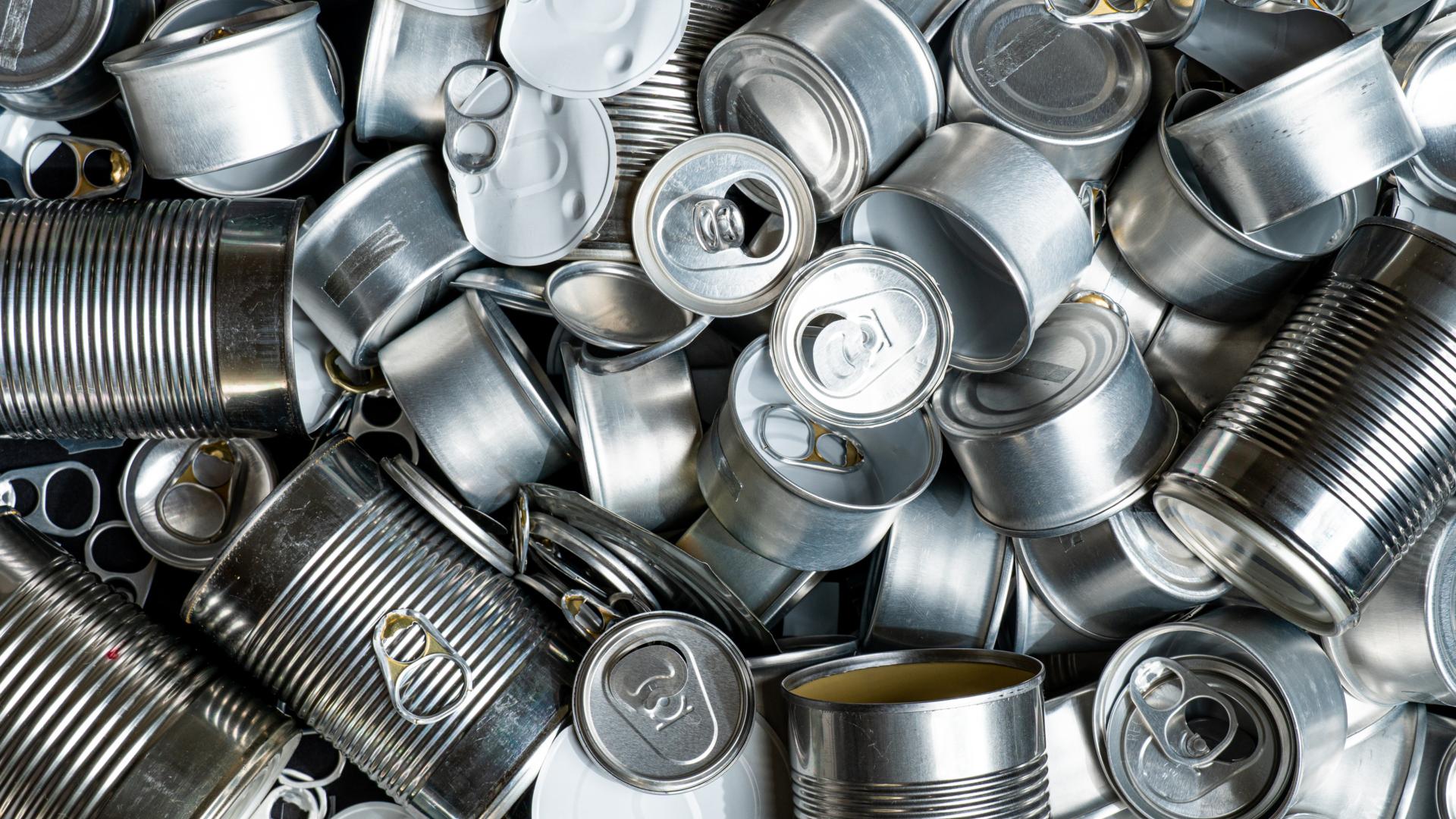Metal

More about metal
Recycling metal is important because it can be re-melted and reshaped into new products countless times. Scrap metal is a resource that will never be depleted. Metal recycling conserves natural resources by reducing greenhouse gas emissions and using less energy than making metal from virgin ore.
Cans
Metal cans are an essential packaging technology that has helped create the world's safest food supply, without sacrificing food quality or nutrition. Cans routinely deliver the highest level of performance when it comes to protecting food quality and nutrition.
Cans can be mixed and sorted at Recycling facilities - however the cans must be empty.
General Heavy Steel
Steel thicker > 3mm or longer and larger than 1.5 meters.
Steel thicker 3mm, and shorter than 1 meter
Steel Thicker > 3 mm, and less than 500 mms length
Sub-grade Light Steel
Steel <3mm thick
Steel Shavings
Swarf, also known as chips (or by other process-specific names such as turnings, filings, or shavings), are pieces of metal - which are the debris or waste, resulting from machining subtractive (material-removing) manufacturing processes.
Mixed Steel
A mixture of various grades of steel. A mixed load is not worth sorting through.
Old Wire
Old or deteriorated wire (a long thin piece of metal) that has been used to fasten things or to carry an electric current.
Lead Acid Batteries
We can recycle Lead Acid batteries, however we can´t recycle lithium chloride batteries (i.e. laptops and small appliances rechargeable batteries as well as cell phones batteries).
RECYCLES INTO:
Shredded cans are melted down, poured into cases, chilled, rolled out and made into new cans. Recycled metals can also become part of a new automobile, airplane or bicycle.


